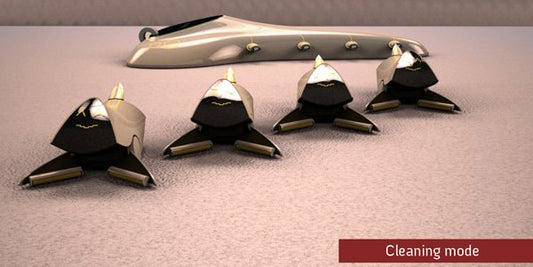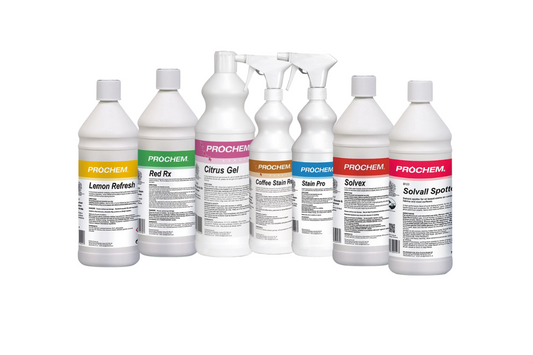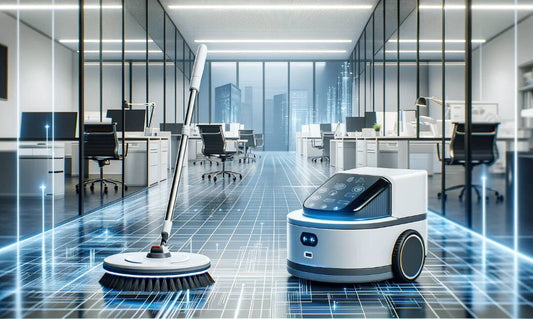The cleaning product industry turns over more than €83 billion worldwide on an annual basis and has become the key driving force behind the development of innovative chemistry, technology and engineering. However, this may all be set to change.
According to new research conducted by Intertech Pira, a panel of experts have identified the 21 most disruptive cleaning product technologies that have the potential to change the direction of the industry over the next decade.
From an initial list of 37, the experts narrowed down the list to 21 technologies that could radically affect the industry. So what does the future hold for the cleaning product industry?
The 21 most disruptive developments in cleaning products include:
- Textile surface treatments will reduce the need for washing
- The elimination of phosphates in domestic detergents will be extended to include all detergents
- The detergent, REACH (Registration, Evaluation, Authorization and Restriction of Chemicals) and biocide regulations will make it more difficult to
introduce new substances into cleaning formulations
- The low-temperature performance of surfactants will improve
- Biotechnology (e.g. genetic manipulation) will enable the molecular structure of renewable bio-ingredients to be modified to improve their cleaning
performance
- The low-temperature performance of enzymes will be improved
- The compatibility of enzymes with other detergent ingredients will be improved
- The concentration of cleaning formulations will continue to be increased, reducing the need for packaging
- The popularity of wipes will increase, particularly for surface-cleaning applications
- Research techniques such as high-throughput screening, modelling and simulation technologies will be introduced
- The increased use of microprocessors, sensors and automatic metering of detergents will reduce the energy, water and detergent required
According to the panel of experts, biotechnology is tipped to be very likely to disrupt the industry. Through recent reports, it’s claimed that consumers prefer purchasing cleaning products that contain only natural ingredients.
The panelists were also convinced that the detergent legislation banning the use of phosphate builders would be extended to automatic dishwashing detergents and eventually to institutional and industrial detergents cleaners within the next decade.




